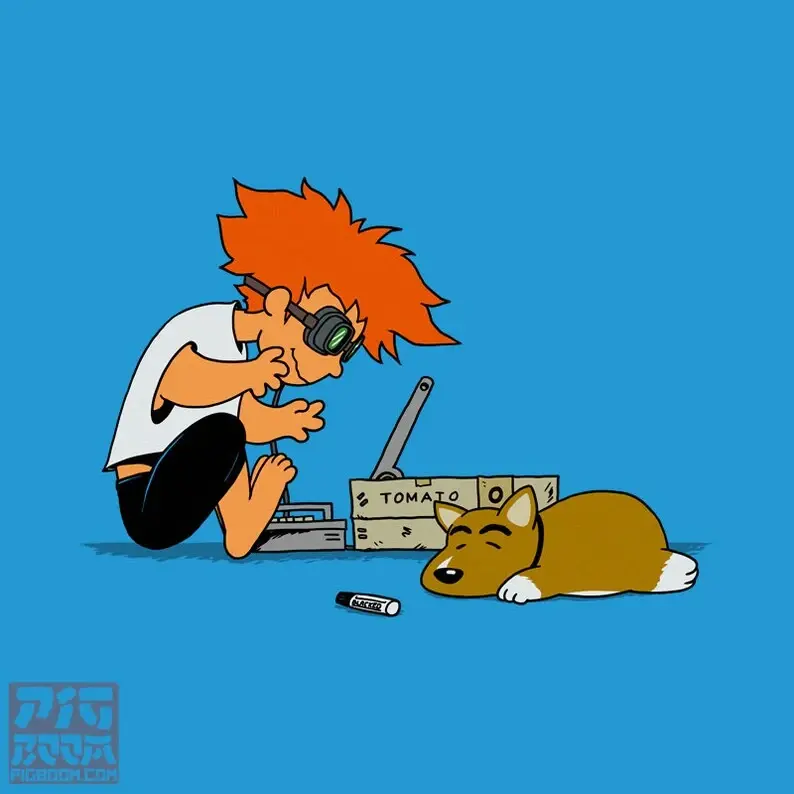Ars Technica has done an interview with Unity’s Marc Whitten and Whitten’s responses are very, very telling:
“It was not our intent to nickel-and-dime it, but it came across that way,” he said. […]
"A large part of the problem, Whitten said, was that Unity “didn’t communicate effectively… There were areas where there was some confusion, and we could have done a better job.” […]
“That’s on us,” he continued. “We didn’t do a good enough job… of delivering the information that would help people.”It shows how dishonest he still is: Of course, they wanted to nickel-and-dime everything. People were not “confused”, they were outraged. No matter how much of a mess Unity’s initial explanations of the details were, the core message was pretty clear: Unity was aiming to get as much money out of developers as it can and it did neither bother to iron out the details of the changes, nor assess the potential damage their plans could do.
Rumours from inside Unity said that their own employees warned management, but managment saw a chance to make money and plowed ahead.
And going by Whitten’s statements, they still want to hide behind meaningless corpo-speak and the same people who got their business into this mess now claim that they have changed their ways.
Exactly. It’s a load of horseshit, and they got caught. Moving forward, there’s no reason to believe they won’t slowly add the policies back piecemeal after all of the outrage has died down.
For a squirrel you’re quite well-spoken and genteel. I applaud you, my good rodent.
Thank you. I try to make an effort, but it is really hard to type. Humans should make smaller keyboards.
No ww e neeed waterprooof keeyboaards tha t aree tennticaal freeinddl y
My sympathies. Keyboard producers are really dropping the ball for you guys.
At least you have paws.
Yeah fins not so much…

Even with hands, it’s not always easy.

Is this a D:OS2 reference
Sir Lora stuff ?
It wasn’t supposed to be, but it can be if you want. Is your name a Danganronpa V3 reference?
Until JR and the board that enabled this shit show to happen are gone, I’m done with Unity.
Hopefully game developers stick to their guns and start migrating future projects and training to other engines like Godot. They played their hand once I wouldnt trust them to not screw you in the future
Re-Logic (Terraria’s developers) have already gone on record saying, "even if Unity were to recant their policy and statements, the destruction of trust is not so easily repaired.” That’s the stance I think every developer should be taking. Unless you have a Unity game that can be released by the end of the year, all devs need to seriously consider switching engines.
I love the idea of an open source engine becoming the industry standard, even if just for indie titles. Blender is a great success story and shows that FOSS can compete with industry standard creative software.
IIRC Godot’s reduzio mentioned at GDC there was considerable interest from various publishers and developers in building their own engines ontop of Godot.
Proprietary and Closed Source software should never be trusted.
And when the code starts open source if they do a move like that (see Elasticsearch vs Opensearch, or Terraform vs OpenTF) then the community can fork it!
So they walked back the part where they would’ve been sued anyways because it was already in their contract that they couldn’t retroactively charge you unless you renewed/updated. They of course changed it for this update.
“Oops you caught us doing something illegal and bad so we’ll still do the bad part, but we are sooo sorry you caught us trying to do something against our contracts, so I guess we’ll remove that part. See how sorry and humbled we are? Now give us your money.”
Someone finally calculated the cost of legal challenges, I guess. While this certainly saves in developer costs in legal fees, I don’t see why anyone would keep their projects in Unity under the new terms, charging a developer based on a metric disconnected from sales is always going to incur unacceptable risk unless the developer has really deep pockets.
I never understood why they even had that clause in their contract. You’re already not allowed to change the terms of a contract after the contract has been agreed (because otherwise what’s the point), you don’t need to independently include wording to say you won’t do it. Equally removing the wording doesn’t allow you to make those changes.
So effectively they had some wording that didn’t give anybody any additional protections, then removed it, thus not removing any protections. They then acted as if that weirdly allowed them to break the law, and then broke the law. Then when someone pointed out that’s not how it works, they backtracked.
Does Unity even have any corporate lawyers?
Once the Trust Thermocline has been breached, it’s very difficult to recover, no matter how sorry you say you are…
Thank you, frog.
Too late.













